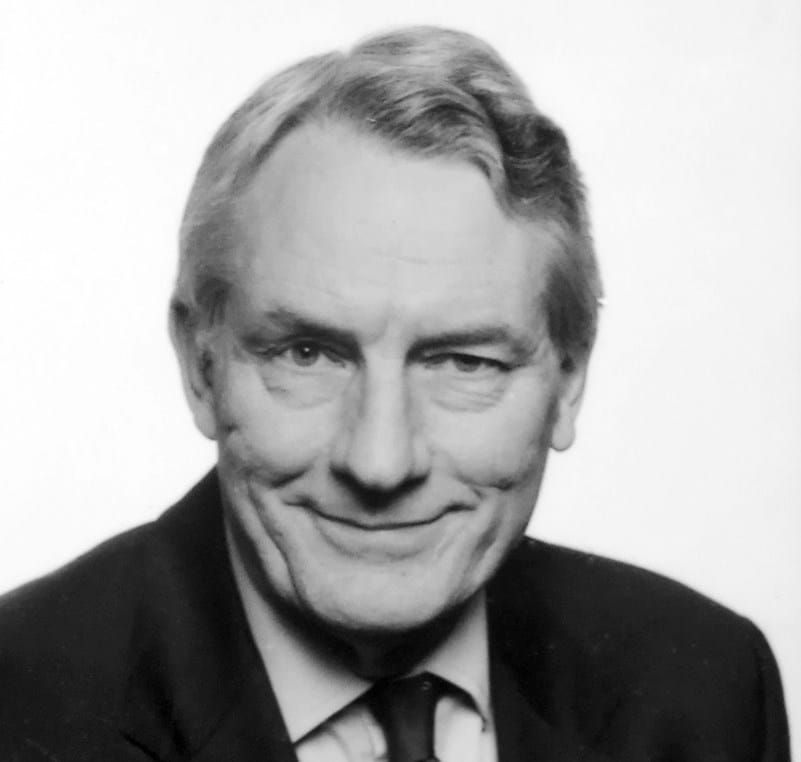The former Vice-Chancellor of Exeter University, Sir David Harrison, has died aged 92. He had a distinguished career including a 10-year tenure as Vice-Chancellor of the University, from 1984-1994. He also held numerous other prestigious roles in academia: 
- Vice-Chancellor at Keele (1979-84),
- Chairman of the Committee of vice-Chancellors and Principals (1991-93),
- President of the Institution of Chemical Engineers (1991-92),
- Master of Selwyn College (1994-2000).
Sir David was educated at Bede School, Sunderland and Clacton County School, before becoming a 2nd Lieutenant in the Royal Electrical and Mechanical Engineers. He subsequently read Natural Sciences at Selwyn College, Cambridge, before receiving a PhD in Physical Chemistry. He then joined the newly formed Chemical Engineering Department doing research into Fluidisation which resulted in three books, all written with his close friend Prof John Davidson. He taught at Cambridge University until 1979, becoming a fellow of Selwyn in 1957 and its Senior Tutor.
Sir David also served as
- President of IChemE in 1991–2,
- Director of the Salters’ Institute of Industrial Chemistry from 1993–2015,
- Chair of the Committee of UK Vice-Chancellors and Principals from 1991–1993,
- Member of the Advisory Committee on the Safety of Nuclear Installations from 1993–1999.
He was also a member of the Ely Cathedral Council and the Royal School of Church Music, served on the Board of Management of the Northcott Theatre in Exeter, and received numerous honors including being knighted in 1997 “for services to education and nuclear safety”.
_______________________
Sir David was VC when I was appointed in 1993. Apparently, the appointment committee suspected that I had no intention to leave my (secure for life and much better-paid) post in Vienna and only played a strategic game to improve my position there (as is often done by academics applying for jobs). David thus decided to phone my wife and ask her straight out: “Does your husband really want to come to Exeter?” Her answer was simple: “Yes.”
After I had been appointed, one of my first urgent needs was to separate my chair from the (unbelievably woolly) ‘Centre of Complementary Health Studies” of which I had become a director from the unit I planned to build – by no means an easy task. David easily understood the problem of mixing science with belief and was a great help to the success of this process. Next, I had to persuade all concerned that my task would not be teaching practitioners of complementary medicine (as had been foreseen in a feasibility study of my chair) but to conduct rigorous science. David made it clear that this was not merely a possible but a desirable option (full details about these developments here).
David was a wise VC, a true gentleman, and a most helpful superior. We got on very well thanks to his uncomplicated, direct approach. Whenever there was a significant problem with my job, he used to invite me for a cup of tea in his office, and 15 minutes later the problem was solved. He truly did pave the way for all the independent research we were able to conduct during the years that followed.
I was sad when he left Exeter in 1994 and things gradually became less and less agreeable for me. I owe David much gratitude and respect – RIP.

He sounds like a good guy. Thank goodness he wasn’t going to entertain the teaching of CAM practitioners. What on Earth was Exeter Uni thinking in wanting such teaching? Sad that it all went downhill when he left – back towards woo-woo land – as Edzard says (and has previously recounted in a hair raising book).